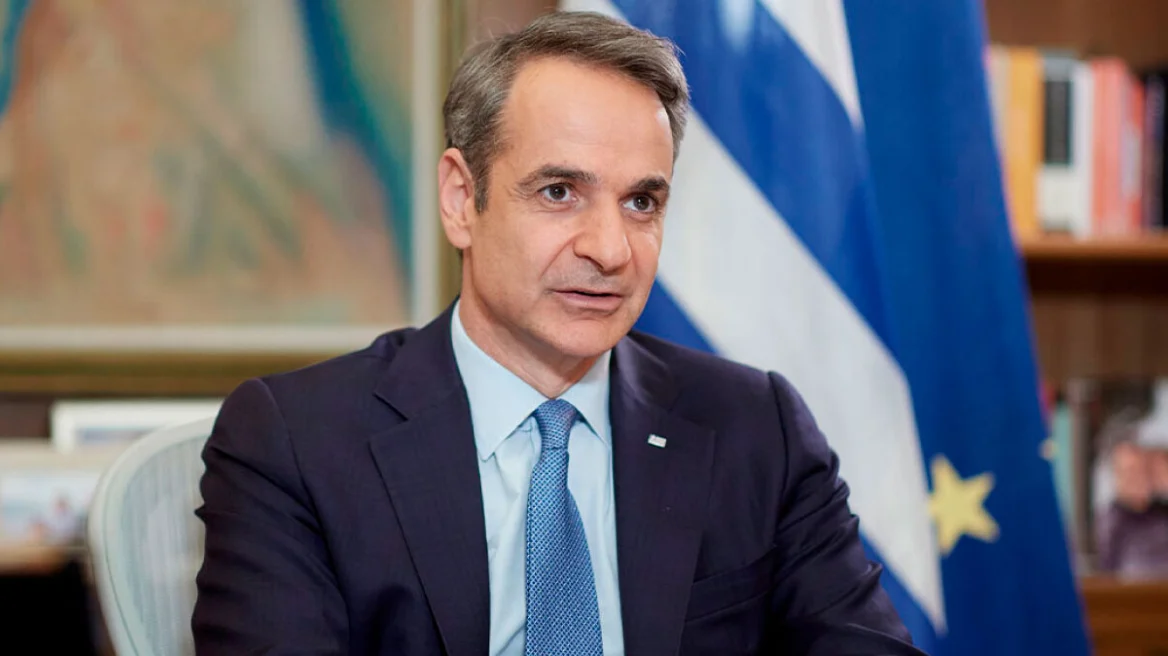All parties agreed on the need for the second review of the Greek bailout program be completed by December during Monday’s EuroGroup meeting. Greece’s EU partners made placed a lot of pressure on the Greek delegation, making it clear that the country would have to pick up the pace of implementing all the necessary reforms, including matters like the labour market, social security benefits and the budget. The EU Finance Ministers left a window of hope open regarding the prospect of relaxing the primary surplus budget targets, however, it became apparent during the meeting that any decision on a debt relief would depend on the pace of the reforms. Greece’s lenders are only willing to discuss medium-term measures regarding debt relief, which would be divided upon subject to the stance the IMF would take on the matter. Both German Finance Minister Wolfgang Schauble and the head of the EuroGroup Jeroen Dijsselbloem pushed any decisions on a possible debt alleviation to as future time in 2018. According to circles close to the Greek Finance Ministry, the talks were held in a positive climate, adding that in December the second review of the Greek program will be completed and talks on the Greek dent will open. The European Commission (EC) hope to reach a “balanced solution” on the Greek matter. European Commissioner for Economic and Financial Affairs Pierre Moscovici said the Greek authorities had recorded progress on many fronts, adding that “a balanced solution had to be achieved for Greece”. Poul Thomsen, who sat in the meeting as head of the IMF’s European branch, conformed that he would be handing in a sustainability report in the Greek debt to the Fund’s board before any decisions were made as to whether it would continue to participate in the Greek program. Head of the European Stability Mechanism (ESM) Klaus Regling said the body would hold talks on examining the implementation of medium-term measures on the Greek debt during the December 5 EuroGroup meeting. It should be noted that the first package of alleviating the burden of the Greek debt was linked to intervening in the EFSF loan interest rates for the repurchase of 2012 debt.
Ask me anything
Explore related questions





